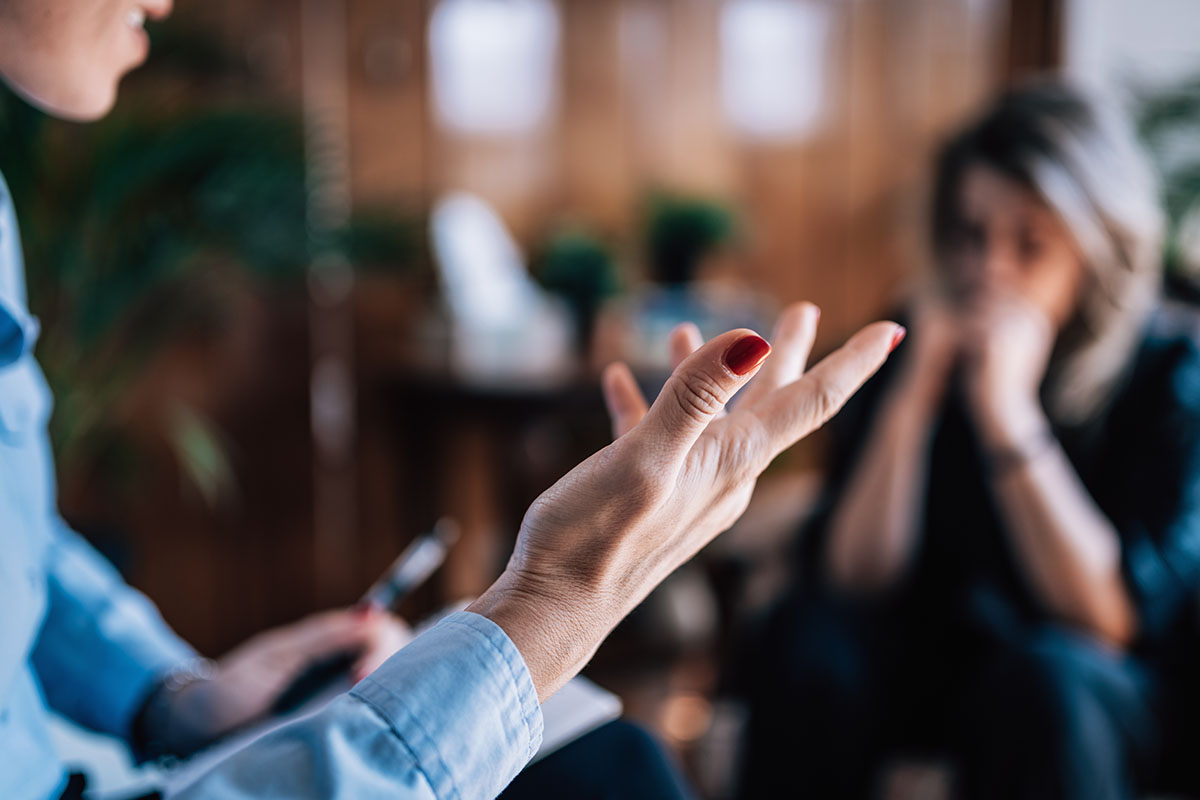Addiction recovery can be a difficult but ultimately rewarding journey. There are as many approaches to individual recovery as there are individual stories of addiction. One strategy commonly utilized to help with the process is individual therapy. Talking with a therapist one-on-one is a powerful tool to help those struggling with addiction get to the root of their issues and create a personalized plan to reach recovery goals.
Though individual therapy may at first seem like a scary endeavor, it offers many important benefits to those recovering from addiction. If you’re looking for individual therapy in Thornton, CO or in the surrounding area, Colorado Medication Assisted Recovery can help. Connect with our team today at [Direct[ to learn more.
The Role of Individual Therapy in Addiction Recovery
Individual therapy is an instrumental part of the addiction recovery process. A therapist can provide individualized guidance and help individuals identify any underlying mental health concerns that may have contributed to the addiction. They can also help uncover triggers and help patients develop healthy coping skills through therapies such as cognitive-behavioral therapy (CBT) or dialectical behavior therapy (DBT).
Individual therapy can complement group therapy. In individual therapy, individual attention is paid to the individual’s unique needs. In group therapy, individuals can find comfort in knowing they are not alone and can draw strength from each other as they tackle their individual issues together.
Five Surprising Benefits of Individual Therapy for Addiction Recovery
Over the course of individual therapy sessions, patients can unlock many benefits that are essential to the recovery process.
1. Increased Self-Awareness
Individual therapy can help individuals identify any underlying issues that may have contributed to their addiction, such as depression or anxiety. Often, these concerns can be difficult to recognize or cope with on one’s own. Because individual therapy provides individualized attention, patients can identify and address these issues in a safe space.
Depression and anxiety can be triggers for addiction, so addressing them can be an important part of recovery. Otherwise, after the transition back to life outside of treatment, the individual may relapse due to the same triggers that caused their addiction in the first place.
2. Improved Relationships
Addiction not only affects the individual, but also those close to them. It can damage personal relationships and create a feeling of disconnection. Individual therapy can help those in treatment learn better communication and conflict-resolution skills, as well as explore any underlying issues that may have caused them to turn to addiction in the first place.
3. Coping Strategies for Trigger Management
What are triggers? Triggers can be anything that causes an individual to feel a strong urge to use substances or engage in addictive behaviors. These can include:
- Stress
- People, places, and things associated with the individual’s addiction
- Certain emotions such as anger, sadness, or guilt
Through individual therapy, patients can learn coping strategies and skills to identify their potential triggers and successfully manage them. This is an essential part of ongoing recovery and helps individuals build a strong foundation for their long-term recovery.
4. Improved Self-Confidence
Addiction can take your self-confidence and make it harder to live life independently. In individual therapy, patients can regain the confidence needed to tackle life free from addiction. The self-confidence built in individual therapy gives those in treatment the strength to move forward and achieve their goals.
5. Empowerment
As individual therapy progresses, patients can feel a sense of control and empowerment. This feeling of power is essential for continued success in recovery and helps individuals to become more independent. In individual therapy, patients can learn to make decisions and manage their lives without relying on substances or addictive behaviors.
Reach Out to Colorado Medication Assisted Recovery
Ready to take the next step in recovery? Contact Colorado Medication Assisted Recovery at 833.448.0127 today.

















